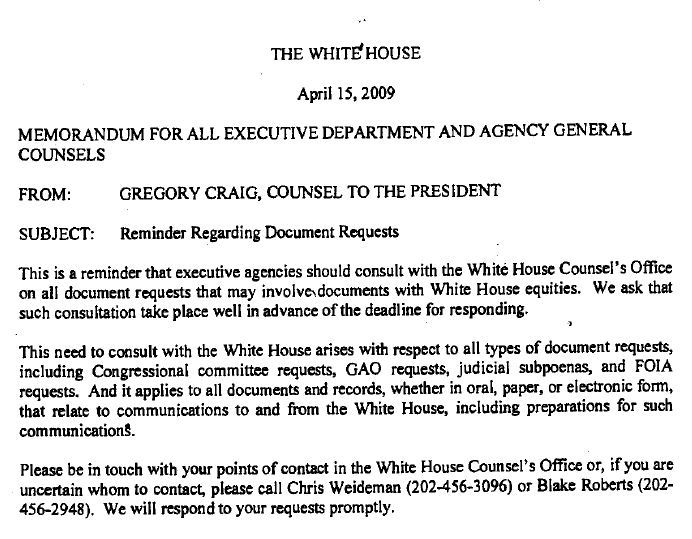Citing “national security risks and privacy concerns,” the White House recently announced that it would no longer disclose the contents of its visitor logs to the public, contrary to a policy introduced and maintained (albeit, inconsistently) by the Obama Administration. According to The New York Times, White House press secretary Sean Spicer went so far as to suggest that disclosure would be “unnecessary, intrusive, or even harmful.”
The Trump Administration’s proffered justification for reversing President Obama’s discretionary disclosure of the logs is overstated. While the Executive Branch has an undeniable interest in some secrecy, the goals of good government are better served when the public has knowledge of those with whom the President—the quintessential public servant—is spending his time, whether in consultation about government policy or on the golf course. Yet the decision to keep visitor logs secret is only the latest indication of a troubling trend emerging from the Trump White House regarding a lack of support for open and transparent government.
Of greater concern than the discontinuation of the WH visitor logs is the apparent continued use by the Trump administration of the policy known as “White House equities.”
When a member of the public requests records from a federal agency under the Freedom of Information Act (FOIA), that agency will often “consult” or seek the input of another government entity that created any record at issue. Under the Obama Administration, however, evidence suggested that agencies were sending records to the Office of White House Counsel whenever they were politically sensitive, newsworthy, or otherwise embarrassing to the administration. The result of this policy was to delay the production of records when they should have been promptly released under FOIA requirements. Cause of Action Institute even filed a lawsuit in an attempt to reverse President Obama’s overbroad “White House equities” policy.
Shortly after President Trump’s inauguration, we reached out to the new White House Counsel to request revisions to, or elimination of, this damaging policy. We have yet to receive a response.
Ending “White House equities” review as currently practiced would strike a blow for accountability and the rule of law and would send a strong signal that this administration takes seriously its obligations to the public. As others have noted, President Obama promised transparency and delivered one of the most secretive governments in American history. The bar is already low; President Trump can and should do better.
Josh Schopf and Ryan Mulvey are counsels at Cause of Action Institute

